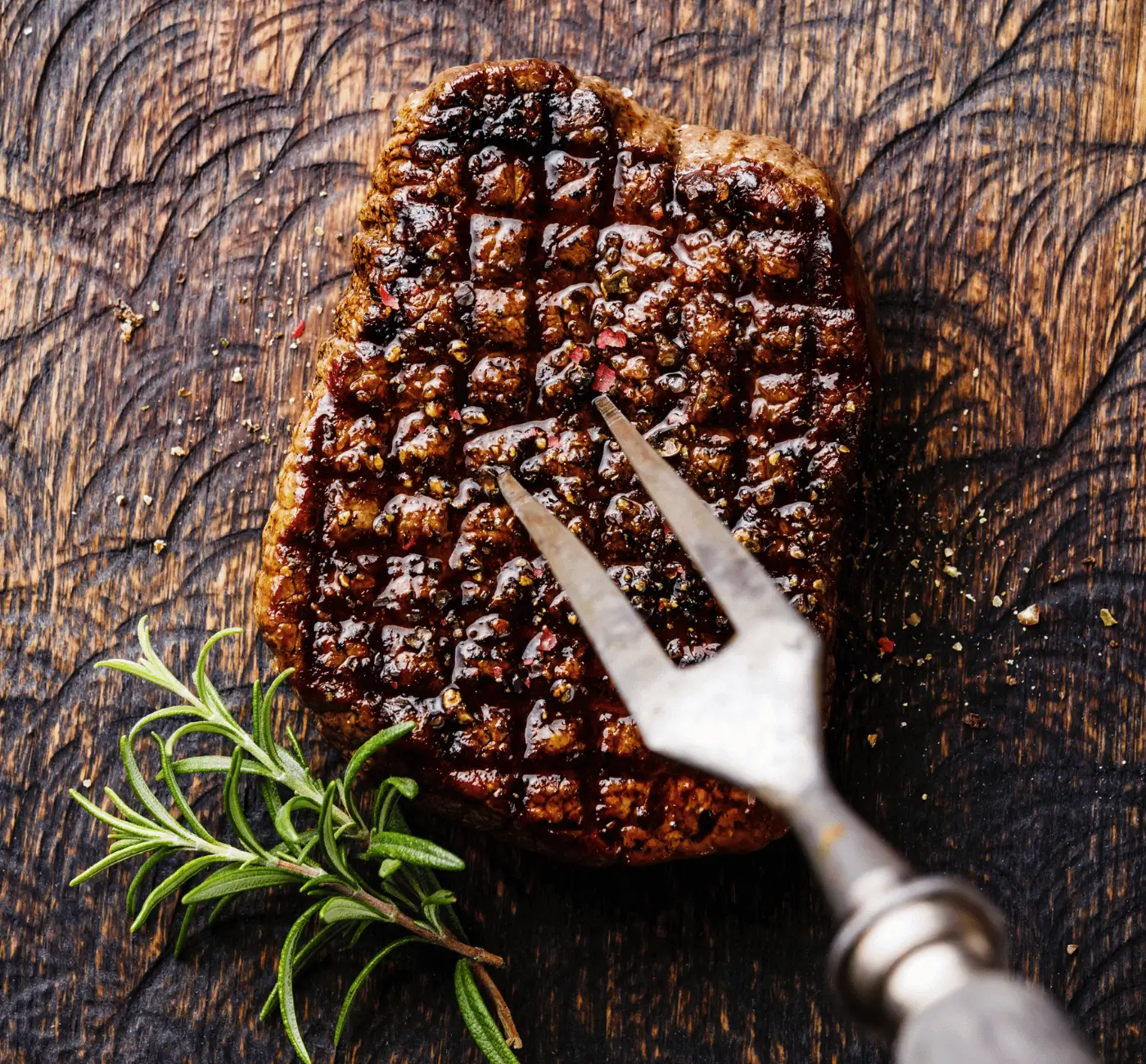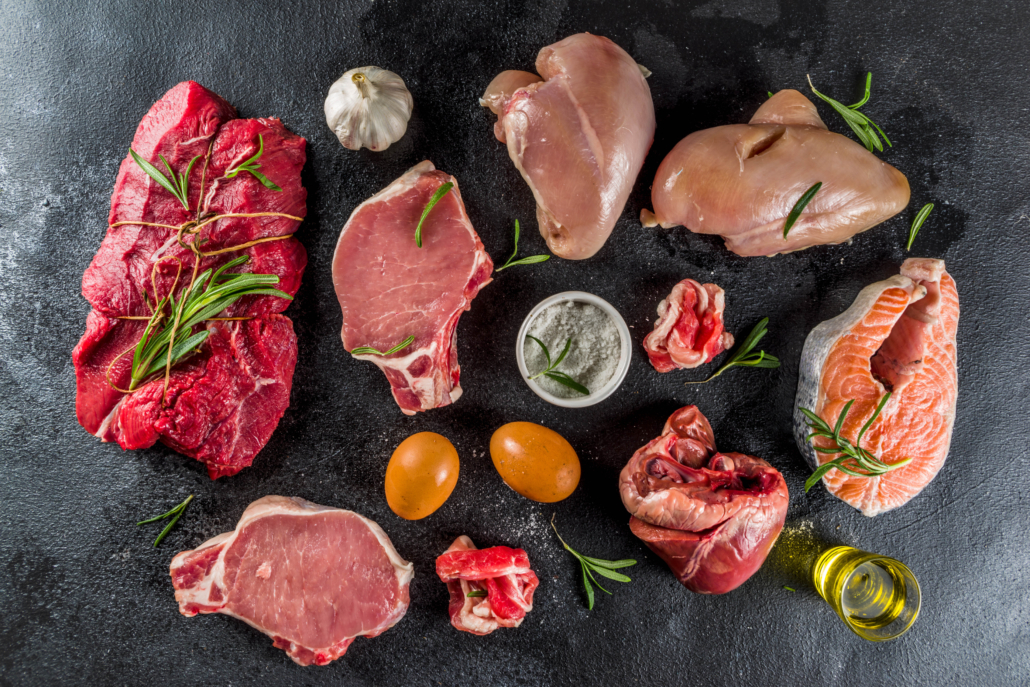
If you’re interested in taking control of your health through diet and lifestyle, you’ve probably heard of both ketogenic and carnivore diets.
The ketovore diet is a combination of these two approaches. This looks like centering all meals around animal products and supplementing with some low-toxin, low-carb plant foods.
In this article, we’ll explore the benefits and drawbacks of the ketovore approach to low-carb, high-fat eating.
To better understand what ketovore is and isn’t, let’s take a brief look at both of its parent diets–keto and carnivore.
The ketogenic diet is defined by its macronutrient ratios.
Dramatically cutting carbs and increasing fat triggers your body to enter a metabolic state called ketosis, where your primary fuel source is molecules produced from dietary and body fat.
Ketosis has been linked to
Though keto doesn’t explicitly tell you what to eat and what not to eat, it requires eliminating most processed foods (other than keto treats), all added sugars, most fruits, and all high-carb vegetables.
It is possible to follow a vegetarian and even vegan keto approach. However, most keto dieters consume relatively high quantities of fatty animal products since these foods are naturally ketogenic.
The carnivore diet entails consuming only animal products.
The hierarchy of carnivore diet foods is as follows:
Because most animal products are naturally zero-carb foods, carnivore dieters don’t focus on macronutrient ratios.
The rule of thumb for carnivores is to eat the fattiest cuts of meat available and to cook leaner meats in generous amounts of animal fats.
Additionally, the carnivore diet strictly eliminates plant foods in order to protect the body from
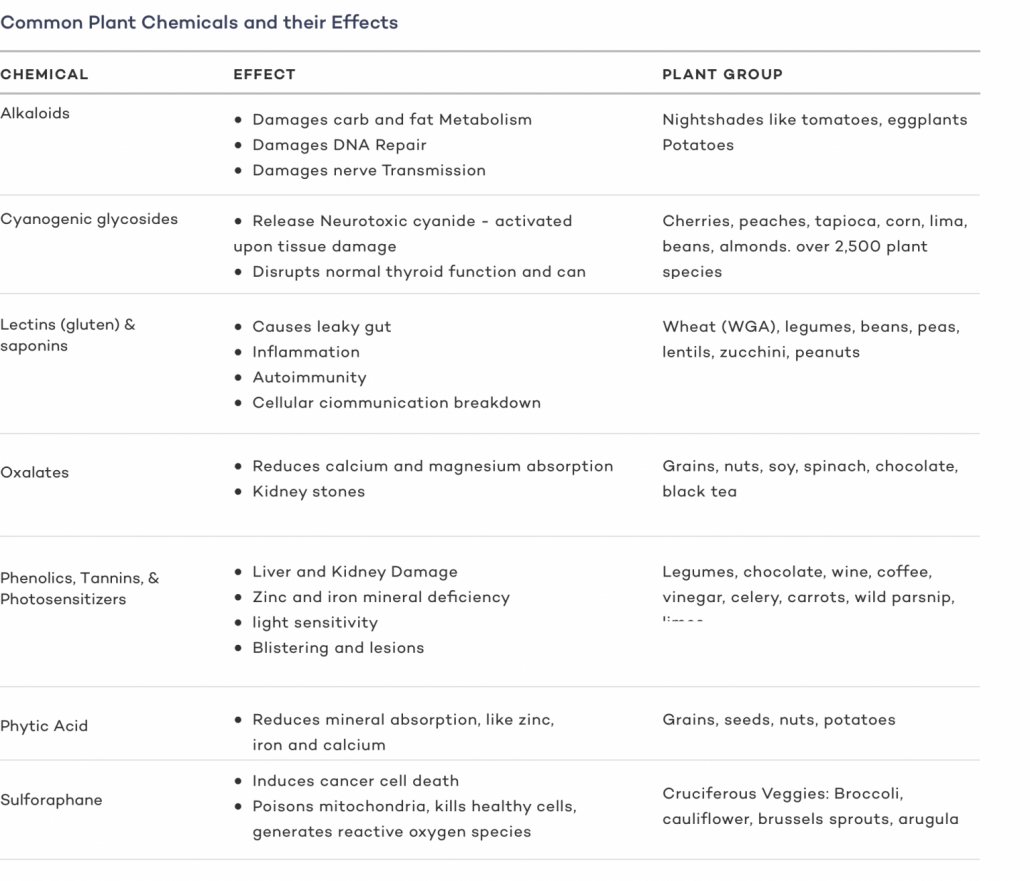
Carnivore is more straightforward than keto, making shopping and meal plans easier. However, some people, at least when making the transition from a standard keto or standard Western diet, find carnivore to be too restrictive and want to allow for some low-toxin, low-carb plant foods.
This brings us to the definition of ketovore.
Combine keto with carnivore, and you get ketovore: An animal-based way of eating that follows keto macronutrient ratios while allowing for supplementation with a variety of low-carb plant foods and occasional keto snacks that include non-carnivore ingredients like spices and coconut oil. In this way, ketovore is also considered a modified carnivore diet.
Examples of non-carnivore foods that often make their way into ketovore diets include

Research suggests that ketovore is an evolutionarily aligned way of eating. This means that it mimics the eating habits of our caveman ancestors, who researchers believe were hypercarnivorus apex predators for nearly two million years until dawn of the agricultural evolution only 10,000 years ago. [1]
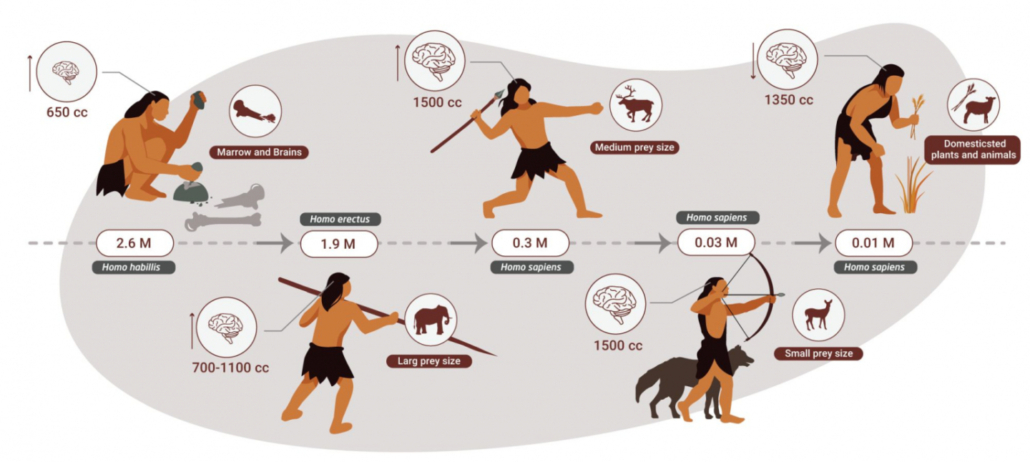
Source: Dr Miki Ben Dor
Our bodies and brains were built by the nutrients from fatty animals. The belief follows that by consuming these evolutionarily aligned foods while cutting out cultivated and processed foods, we can provide our bodies with the premium fuel they are designed for.
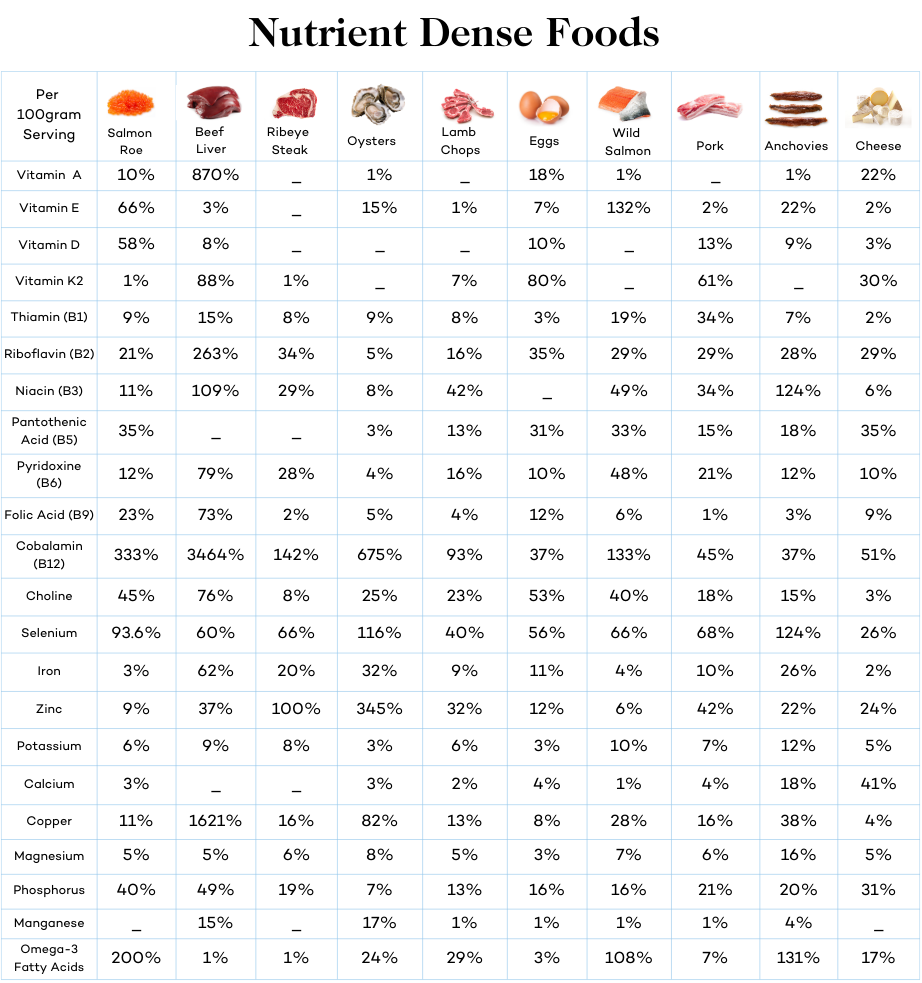
At the same time, we can eliminate exposure to the paltry and harmful foods that are sold to us by modern agricultural interests.

Plant foods are non-essential, meaning we don’t need them, and they can do more harm than good.
Plants expose our bodies to thousands of naturally occurring pesticides that can have deleterious effects on our entire bodies via intestinal degradation and systemic inflammation.
If you’re serious about reaping the benefits of animal-based eating, Dr. Kiltz recommends eliminating all plant foods.

The ketovore diet is born from the combination of keto and carnivore.
Keto is defined by eliminating carbs and increasing fat to around 70% of your caloric intake. The carnivore diet is defined by consuming only animal products and centering meals around fatty ruminant meat.
Ketovore adheres to the ketogenic macronutrient requirements and centers meals around meat while allowing for the inclusion of non-carnivore foods like low-toxin, low-carb fruits and veggies, spices, and other keto but not carnivore foods. Proponents of ketovore like that it allows for more variety and flexibility while delivering the nutritional nourishment that only meat can provide. Traditional carnivore dieters caution against consuming plant products that can expose the body to toxins, sugars, molds, and abrasive fiber.
.png)
.png)
We’re a global community of seekers, healers, and doers committed to reclaiming health on our own terms. When you join the Kiltz Mighty Tribe (KMT), you’ll gain access to education, support, and collective wisdom.

